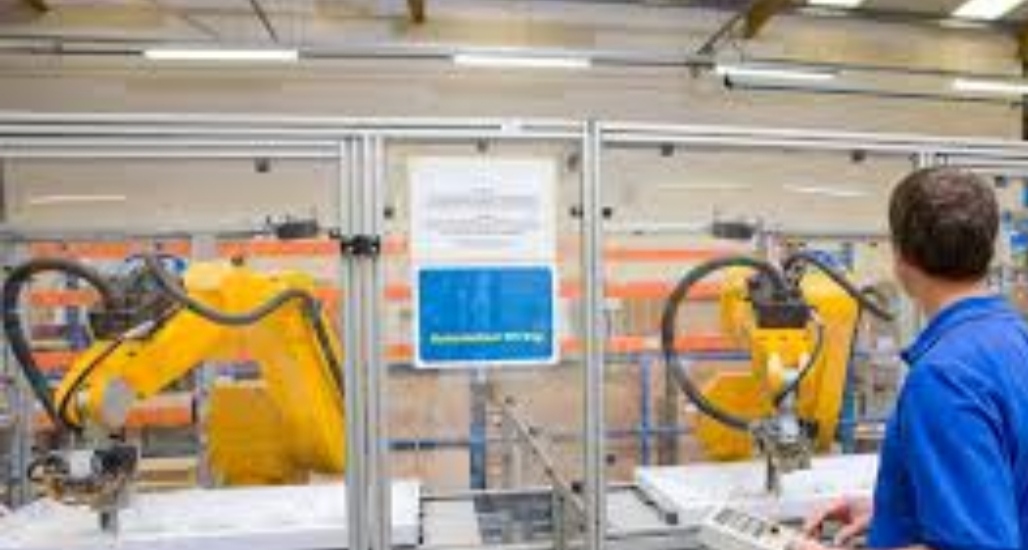Providing job retraining and enabling individuals to learn marketable new skills throughout their lifetime will be a critical challenge—and for some countries, the central challenge. Midcareer retraining will become ever more important as the skill mix needed for a successful career changes. Business can take a lead in some areas, including with on-the-job training and providing opportunities to workers to upgrade their skills.
Improving business and labor-market dynamism, including mobility
Greater fluidity will be needed in the labor market to manage the difficult transitions we anticipate. This includes restoring now-waning labor mobility in advanced economies. Digital talent platforms can foster fluidity, by matching workers and companies seeking their skills and by providing a plethora of new work opportunities for those open to taking them. Policy makers in countries with inflexible labor markets can learn from others that have deregulated, such as Germany, which transformed its federal unemployment agency into a powerful job-matching entity.
Providing income and transition support to workers
Income support and other forms of transition assistance to help displaced workers find gainful employment will be essential. Beyond retraining, a range of policies can help, including unemployment insurance, public assistance in finding work, and portable benefits that follow workers between jobs.
We know from history that wages for many occupations can be depressed for some time during workforce transitions. More permanent policies to supplement work incomes might be needed to support aggregate demand and ensure societal fairness. More comprehensive minimum-wage policies, universal basic income, or wage gains tied to productivity growth are all possible solutions being explored.
Policy makers, business leaders, and individual workers all have constructive and important roles to play in smoothing workforce transitions ahead. History shows us that societies across the globe, when faced with monumental challenges, often rise to the occasion for the well-being of their citizens.
Yet over the past few decades, investments and policies to support the workforce have eroded. Public spending on labor-force training and support has fallen in most member countries of the Organisation for Economic Co-operation and Development (OECD). Educational models have not fundamentally changed in 100 years. It is now critical to reverse these trends, with governments making workforce transitions and job creation a more urgent priority.




